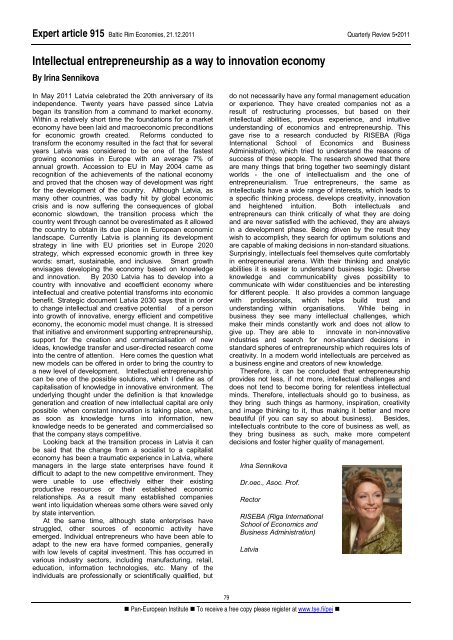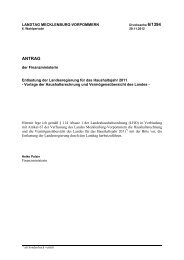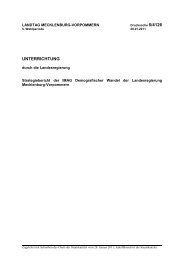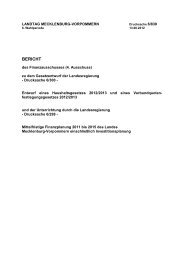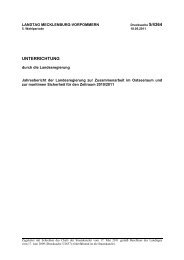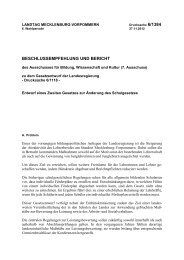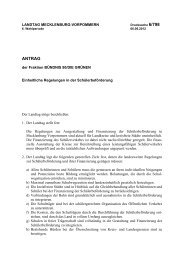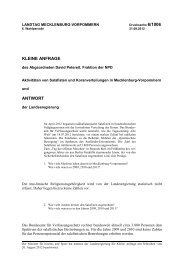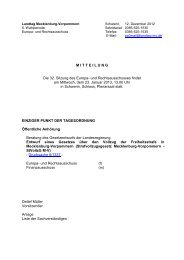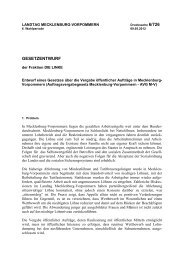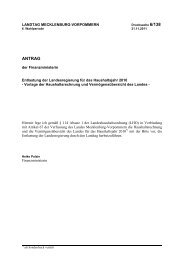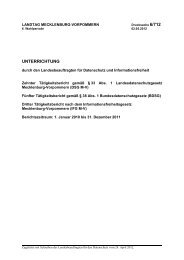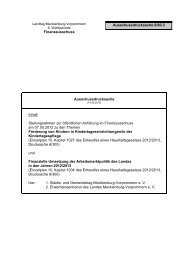Baltic Rim Economies - Baltic Port List
Baltic Rim Economies - Baltic Port List
Baltic Rim Economies - Baltic Port List
Create successful ePaper yourself
Turn your PDF publications into a flip-book with our unique Google optimized e-Paper software.
Expert article 915 <strong>Baltic</strong> <strong>Rim</strong> <strong>Economies</strong>, 21.12.2011 Quarterly Review 5�2011<br />
Intellectual entrepreneurship as a way to innovation economy<br />
By Irina Sennikova<br />
In May 2011 Latvia celebrated the 20th anniversary of its<br />
independence. Twenty years have passed since Latvia<br />
began its transition from a command to market economy.<br />
Within a relatively short time the foundations for a market<br />
economy have been laid and macroeconomic preconditions<br />
for economic growth created. Reforms conducted to<br />
transform the economy resulted in the fact that for several<br />
years Latvia was considered to be one of the fastest<br />
growing economies in Europe with an average 7% of<br />
annual growth. Accession to EU in May 2004 came as<br />
recognition of the achievements of the national economy<br />
and proved that the chosen way of development was right<br />
for the development of the country. Although Latvia, as<br />
many other countries, was badly hit by global economic<br />
crisis and is now suffering the consequences of global<br />
economic slowdown, the transition process which the<br />
country went through cannot be overestimated as it allowed<br />
the country to obtain its due place in European economic<br />
landscape. Currently Latvia is planning its development<br />
strategy in line with EU priorities set in Europe 2020<br />
strategy, which expressed economic growth in three key<br />
words: smart, sustainable, and inclusive. Smart growth<br />
envisages developing the economy based on knowledge<br />
and innovation. By 2030 Latvia has to develop into a<br />
country with innovative and ecoefficient economy where<br />
intellectual and creative potential transforms into economic<br />
benefit. Strategic document Latvia 2030 says that in order<br />
to change intellectual and creative potential of a person<br />
into growth of innovative, energy efficient and competitive<br />
economy, the economic model must change. It is stressed<br />
that initiative and environment supporting entrepreneurship,<br />
support for the creation and commercialisation of new<br />
ideas, knowledge transfer and user-directed research come<br />
into the centre of attention. Here comes the question what<br />
new models can be offered in order to bring the country to<br />
a new level of development. Intellectual entrepreneurship<br />
can be one of the possible solutions, which I define as of<br />
capitalisation of knowledge in innovative environment. The<br />
underlying thought under the definition is that knowledge<br />
generation and creation of new intellectual capital are only<br />
possible when constant innovation is taking place, when,<br />
as soon as knowledge turns into information, new<br />
knowledge needs to be generated and commercialised so<br />
that the company stays competitive.<br />
Looking back at the transition process in Latvia it can<br />
be said that the change from a socialist to a capitalist<br />
economy has been a traumatic experience in Latvia, where<br />
managers in the large state enterprises have found it<br />
difficult to adapt to the new competitive environment. They<br />
were unable to use effectively either their existing<br />
productive resources or their established economic<br />
relationships. As a result many established companies<br />
went into liquidation whereas some others were saved only<br />
by state intervention.<br />
At the same time, although state enterprises have<br />
struggled, other sources of economic activity have<br />
emerged. Individual entrepreneurs who have been able to<br />
adapt to the new era have formed companies, generally<br />
with low levels of capital investment. This has occurred in<br />
various industry sectors, including manufacturing, retail,<br />
education, information technologies, etc. Many of the<br />
individuals are professionally or scientifically qualified, but<br />
79<br />
do not necessarily have any formal management education<br />
or experience. They have created companies not as a<br />
result of restructuring processes, but based on their<br />
intellectual abilities, previous experience, and intuitive<br />
understanding of economics and entrepreneurship. This<br />
gave rise to a research conducted by RISEBA (Riga<br />
International School of Economics and Business<br />
Administration), which tried to understand the reasons of<br />
success of these people. The research showed that there<br />
are many things that bring together two seemingly distant<br />
worlds - the one of intellectualism and the one of<br />
entrepreneurialism. True entrepreneurs, the same as<br />
intellectuals have a wide range of interests, which leads to<br />
a specific thinking process, develops creativity, innovation<br />
and heightened intuition. Both intellectuals and<br />
entrepreneurs can think critically of what they are doing<br />
and are never satisfied with the achieved, they are always<br />
in a development phase. Being driven by the result they<br />
wish to accomplish, they search for optimum solutions and<br />
are capable of making decisions in non-standard situations.<br />
Surprisingly, intellectuals feel themselves quite comfortably<br />
in entrepreneurial arena. With their thinking and analytic<br />
abilities it is easier to understand business logic. Diverse<br />
knowledge and communicability gives possibility to<br />
communicate with wider constituencies and be interesting<br />
for different people. It also provides a common language<br />
with professionals, which helps build trust and<br />
understanding within organisations. While being in<br />
business they see many intellectual challenges, which<br />
make their minds constantly work and does not allow to<br />
give up. They are able to innovate in non-innovative<br />
industries and search for non-standard decisions in<br />
standard spheres of entrepreneurship which requires lots of<br />
creativity. In a modern world intellectuals are perceived as<br />
a business engine and creators of new knowledge.<br />
Therefore, it can be concluded that entrepreneurship<br />
provides not less, if not more, intellectual challenges and<br />
does not tend to become boring for relentless intellectual<br />
minds. Therefore, intellectuals should go to business, as<br />
they bring such things as harmony, inspiration, creativity<br />
and image thinking to it, thus making it better and more<br />
beautiful (if you can say so about business). Besides,<br />
intellectuals contribute to the core of business as well, as<br />
they bring business as such, make more competent<br />
decisions and foster higher quality of management.<br />
Irina Sennikova<br />
Dr.oec., Asoc. Prof.<br />
Rector<br />
RISEBA (Riga International<br />
School of Economics and<br />
Business Administration)<br />
Latvia<br />
� Pan-European Institute � To receive a free copy please register at www.tse.fi/pei �


